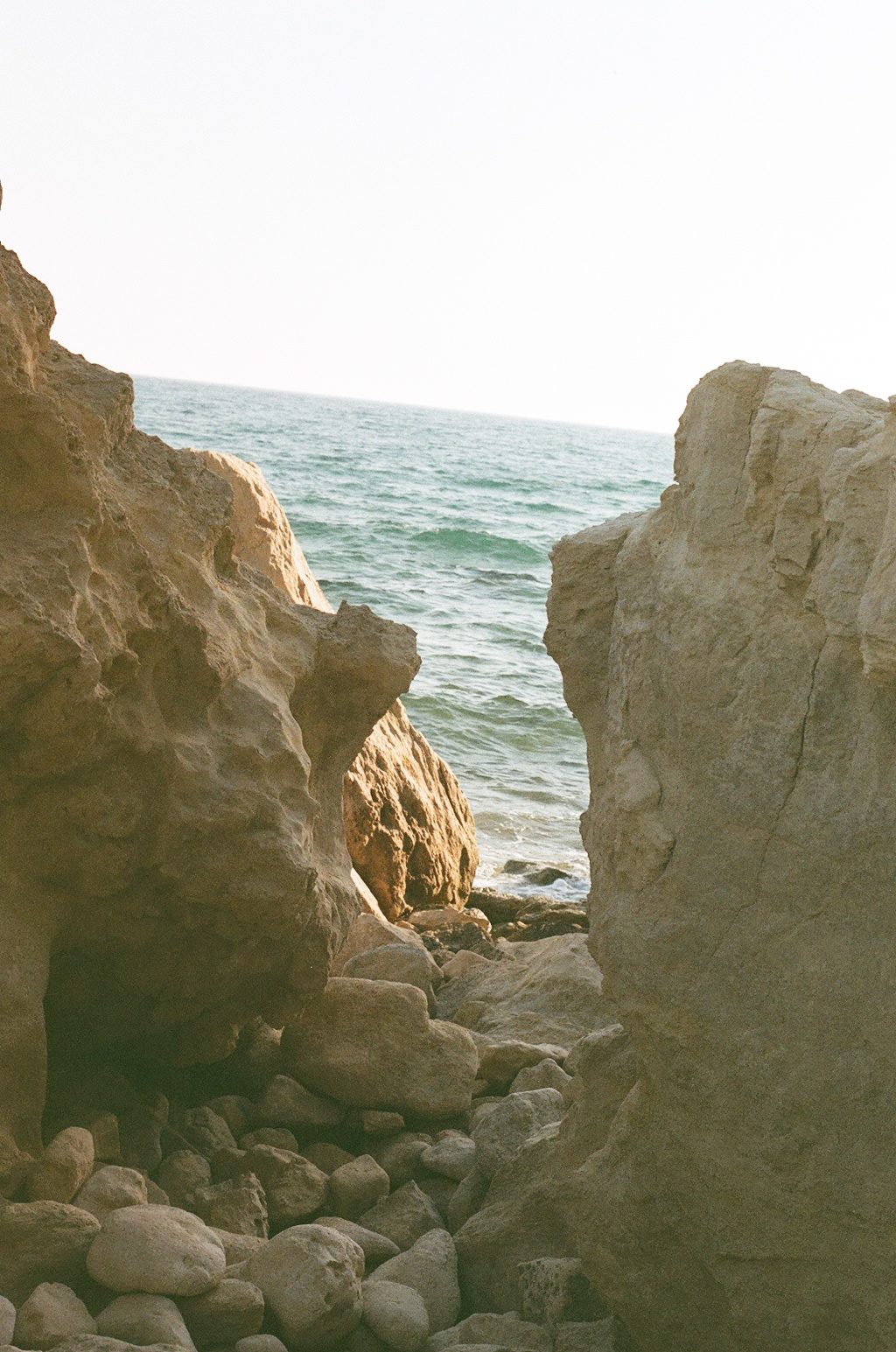by Sahej Grover (he/him)
Following the Middle East’s revolutionary Arab Spring in the early 2010s, autocracies and dictatorships fell like dominoes. Tunisia’s Jasmine Revolution toppled the long-time President Zine El Abidine Ben Ali, bringing his oppressive 25 year regime to an end. His reign was marred by high unemployment, uncontrollable food inflation, widespread corruption, limited freedoms, and poverty. What was once hailed as a first for the Arab world, a functioning democracy in a previous dictatorial-led region, has slowly deteriorated during the Covid-19 pandemic. It now seems that Tunisia is following the lead of other Arab Spring nations that have retreated back to autocracy.
The crisis began when the incumbent President Kais Saied suspended Parliament and dismissed Prime Minister Hichem Mechichi following economic hardship and spiralling coronavirus cases. Saied has now suspended the constitution and given himself powers to rule by decree, causing some to draw comparisons with the old Ben Ali regime. One does wonder: why has democracy failed to establish itself in Tunisia? The answer is somewhat complex.
This answer begins with the incumbent president himself. Saied ran on a religious populist platform in the 2019 Presidential election, campaigning against equal rights of men and women, and deeming homosexuality a foreign corruption. Ironically, he also campaigned on increasing democratic transparency and decentralising governmental power. His actions since becoming President have directly contradicted these promises. The initial suspension of parliament, due to last 30 days, has been extended and Saied has given himself some power to rule by decree. He is now able to amend the constitution and influence the judiciary. These actions echo those of an autocrat, a dictator even. Yet these are the actions of a democratically elected socially conservative Islamist president, whose goals of grabbing power were masked behind a populist agenda of giving more power to the people, as we can now see.
Covid-19 and the dire economic situation seems to be another reason why democracy is slowly deteriorating. At times during the pandemic, hospitals did not have enough staff and morgues became overrun with bodies. Oxygen supplies are now virtually non-existent and vaccination rates remain low. Whilst deaths have fallen dramatically, Saied has not given any indication as to when his rule by decree would end. He has named Najla Bouden Romdhane as Tunisia’s first female Prime Minister, however, changes to the constitution mean she is likely to have less power than previous incumbents. Many news outlets believe Saied is still pushing ahead with his autocratic reforms, undoing the democratic progress Tunisia appeared to be making.
Tunisia’s democratic backsliding raises some serious questions. Is democracy failing everywhere? Will democracy ever reach every part of the world? Has democracy, as an ideal, run its course? The signs are not good.
The European Union is often hailed as a pillar of democracy, yet two of its members, Poland and Hungary, have recently instituted worrying anti-democratic reforms. In the world’s largest democracy, India, the current nationalist Prime Minister, Narendra Modi, has eroded trust in democracy with his controversial policies that violate the secular nature of the country. Brazil, a democracy built on a fragile foundation, is exposed to the dangerous far-right Jair Balsonaro, who looks at the deadly dictatorial days of the military junta with admiration. Even in the USA, the heart of democracy, the Capitol building was invaded by far-right thugs spouting widely disproven claims that the presidential election was fraudulent.
Democracy as an ideal should be protected. Having the power to elect those who govern us guarantees us other basic freedoms. It allows new consensus to be built in a fair and inclusive way and allows the evolution of old ideas that might not be fit for purpose in the modern world. Democracy also allows people to shape society the way they see fit; whether that be in a way we consider unorthodox or liberal. This should not be a luxury but a basic human right. It has existed in various forms since the days of Ancient Greece and persisted despite various attempts throughout history to topple it.
As the years go by, we must now do everything in our power to ensure democracy’s survival. There is no alternative that protects the society’s oppressed and marginalised. Democracy might not reach every corner of the world: this is an unfortunate reality for many countries. However, we must make sure that the freedoms we enjoy in the United Kingdom and Europe, are not to be taken for granted, but cherished. We must ensure democracy’s survival and hope to spread its positive message across the world.
Democracy allows new consensus to be built in a fair and inclusive manner

